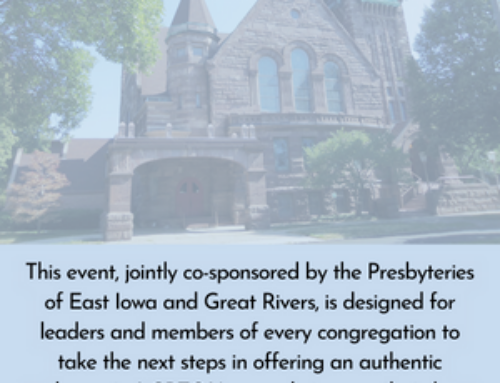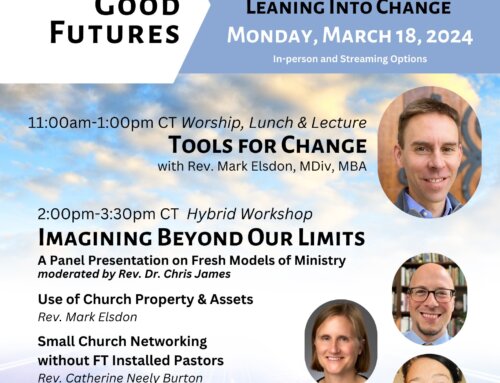I had two significant learning moments this week. The first came as I read the New York Times Sunday front page article (Sept 20th) entitled “A Unit Stalked by Suicide, Trying to Save Itself” written by Dave Phillipps. The article traces the recent multiple suicides of men who served in the Second Battalion, Seventh Marine Regiment who were deployed in heavy combat fighting in the Helmand Province in Afghanistan. During some 8 months of heavy combat engagement their unit was responsible for killing hundreds of enemy fighters. They also suffered more casualties than any other marine battalion. The real impact of the article comes as the author traces the return and integration experience of the same members of this unit as they attempt to find and restore their American identities. Over the past several years’ 13 members of the unit have taken their own lives by suicide. In a response driven by an inability to find support elsewhere, many of the remaining brothers have formed their own band of support, pledging to one another on-going and continual availability and support for each other. The story is tragic and sobering as the reality of war is laid bare. It’s also worth reading because it helps us realize that the war “over there,” continues to be fought right here in our neighborhoods and communities. It’s a different war but one that definitely places all of us on the front lines.
The second learning I had came from a link sent to me by a friend. It was a YouTube video of a TED talk by a woman from Nigeria by the name of Chimamanda Ngoze Adichie, an African native who came to America to study, later becoming a writer and teacher. Her talk was entitled: “The Danger of a Single Story” and detailed her experiences of being stereotyped as an “African” (e.g. “you know, they’re all alike…..”) and her push-back, reminding us that neither she nor any of us are all “alike.” I couldn’t help but reflect on the number of times I’ve been asked what it is that I do for my job. When I reply that I am a pastor, I can often expect the eyes of the questioner to glaze over as if I’ve said all I need to say. The message is loud and clear: everyone knows “they’re all alike!” This powerfully delivered Ted talk reminded me that whenever I make judgments about others quickly, I am just as quickly displaying my own prejudices and bigotry towards others. As Chimamanda Ngoze Adichie says, “there is no single story!” The notion that any of us has only a “single story” promotes stereotypes and emphasizes how we are different, and subsequently we lose the possibility of seeing how we are similar. Let this thought play out in your minds.
In this challenging era, when refugees will be bringing diversity and all the resulting challenges to our communities, it would behoove us all to remember that no one person has just a single story. We are multi-layered and much more similar to each other than we are different. All DNA science graphically points this out. We are all challenged to remember, as pastors and Christian leaders, that our task is to feed the hungry, clothe the naked, and welcome the strangers into our midst. It doesn’t always come easily but it’s our calling. We accepted that challenge when we became members of our church. Chimamanda ends her TED talk with the comment,
When we can stop believing that people have only a single story… we may be really close to finding the real Kingdom of God.
Warren E. Jensen
Pastor to Pastors





